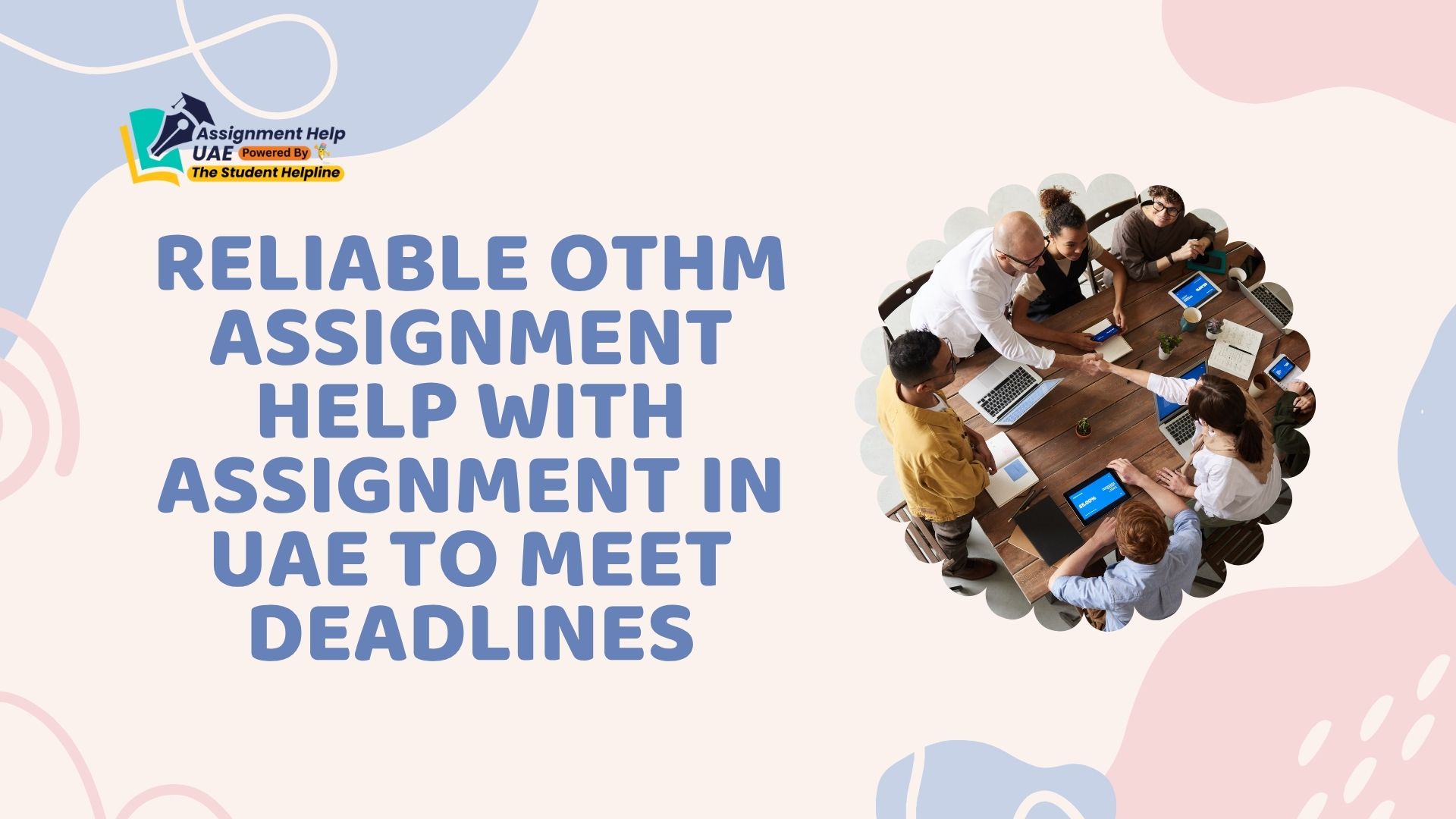As the UK marches toward its Net Zero 2050 target, 2025 brings a fresh wave of green energy grant schemes aimed at making homes more energy efficient, reducing carbon emissions, and cutting down utility bills. Whether you’re a homeowner, tenant, or landlord, there’s something for nearly everyone—but understanding who qualifies and how to apply can be tricky.
Let’s break down the latest green energy grants available in the UK, their eligibility criteria, and step-by-step guidance on how to apply.
What Are Green Energy Grants?
Green energy grants are government-backed or energy supplier-funded schemes that subsidise or fully fund the installation of eco-friendly home improvements. This includes:
-
Loft, wall, and floor insulation
-
Heat pumps
-
Solar panels
-
Heating controls and ventilation
These grants help:
✅ Lower your energy bills
✅ Reduce your carbon footprint
✅ Improve your property’s EPC rating
✅ Support the UK’s climate goals
Key Grant Schemes in 2025
1. Boiler Upgrade Scheme (BUS)
The Boiler Upgrade Scheme continues to offer support for homeowners replacing old fossil-fuel heating systems with low-carbon alternatives, like:
-
Air Source Heat Pumps
-
Ground Source Heat Pumps
-
Biomass Boilers (in rural areas)
Grant amount:
💷 Up to £7,500 off installation costs
Who can apply?
-
Homeowners in England and Wales
-
Properties with a valid EPC (no insulation recommendations pending)
-
Installations by an MCS-certified installer (they handle the application for you)
⚠️ Note: BUS doesn’t apply to new builds or social housing.
2. Great British Insulation Scheme (GBIS)
The GBIS focuses on insulating homes with poor energy efficiency and helping low-income households manage rising energy costs.
What’s covered?
-
Loft insulation
-
Cavity wall insulation
-
Smart heating controls
-
Draught-proofing
Grant amount:
Depends on the measure and property type, often fully funded
Eligibility:
-
EPC rating of D–G
-
Council Tax band A–D in England (A–E in Wales/Scotland)
-
Income below ~£31,000 or receiving certain benefits
3. ECO4 Scheme (Energy Company Obligation)
The ECO4 scheme is designed to improve homes that are energy inefficient and occupied by vulnerable or low-income households.
Measures funded:
-
First-time central heating
-
Cavity/solid wall insulation
-
Solar PV systems
-
Air Source Heat Pumps (ASHPs)
-
Ventilation improvements
Eligibility routes:
-
Means-tested benefits (e.g. Universal Credit, Pension Credit)
-
Household income under ~£31,000/year (varies by region)
-
Health conditions worsened by cold
-
Local Authority Flex (LA Flex) or NHS referrals
Who can apply:
-
Homeowners
-
Private tenants (with landlord permission)
4. Warm Homes Grant (Coming 2025)
Starting full-scale from April 2025, this scheme is an evolution of previous local authority schemes like LAD and HUG.
Funding available:
-
Up to £15,000 for energy efficiency
-
An extra £15,000 for low-carbon heating
Eligibility:
-
Household income under £36,000
-
EPC rating of D–G
-
Receiving means-tested benefits OR living in designated deprived postcodes
Applications are managed through your local council, often partnered with trusted retrofit providers.
5. Solar Grants & Smart Export Guarantee (SEG)
Looking to go solar in 2025? You may qualify for:
-
Free or subsidised solar panels under ECO4 (for eligible homes)
-
SEG payments for selling excess electricity back to the grid
While upfront solar installation grants are limited, ECO4 is a great route if your home qualifies. Otherwise, many green loan or “solar leasing” options are available through private providers.
How to Check If You Qualify
Eligibility varies by scheme, but here’s a general checklist:
| Criteria | Check ✓ |
|---|---|
| Own or rent your home | ✅ |
| EPC rating D, E, F, or G | ✅ |
| On a low income or benefits | ✅ |
| Council Tax band A–D/E | ✅ |
| Health issues affected by cold | ✅ |
If two or more apply to you, there’s a good chance you’re eligible for at least one grant.
How to Apply for a Green Energy Grant in 2025
Here’s a simplified step-by-step process:
Step 1: Check Your EPC Rating
Visit gov.uk/find-energy-certificate and enter your postcode to view your current EPC rating.
Step 2: Assess Your Eligibility
Use grant comparison tools like:
Or call local installers or energy providers for a free eligibility check.
Step 3: Book a Home Survey
If eligible, a certified installer will arrange a survey to check what improvements your home qualifies for.
Step 4: Installer Submits the Grant
You don’t need to handle most paperwork. Installers or local authorities usually submit the grant application on your behalf.
Step 5: Installation Begins
Once approved, installation is scheduled—often within 2–4 weeks, depending on demand.
Tips Before You Apply
-
✅ Work with TrustMark-approved or MCS-certified installers
-
🛠️ Never pay upfront for assessments—legit installers claim through the scheme
-
🔍 Keep copies of EPCs, council tax letters, and benefit proofs handy
-
🕒 Be patient—due to popularity, some grants have waiting lists
Final Thoughts
2025 is a golden year for UK homeowners and tenants looking to improve their energy efficiency. With grants up to £15,000, reduced heating bills, and carbon savings, now is the perfect time to upgrade your home the green way.
At Simple Green Energy, we specialise in helping customers across England and Wales navigate these schemes. Whether you’re after free insulation, a new boiler, or solar upgrades, we make the process seamless—from eligibility check to installation.






